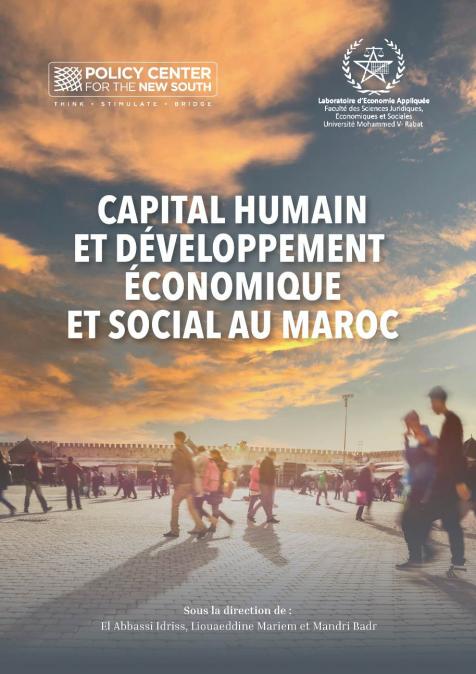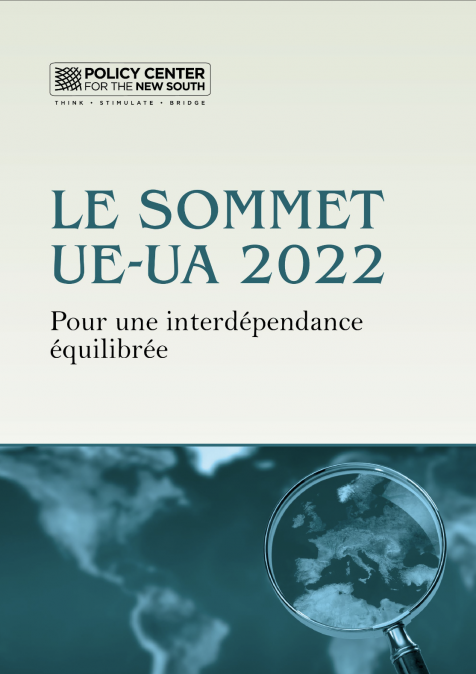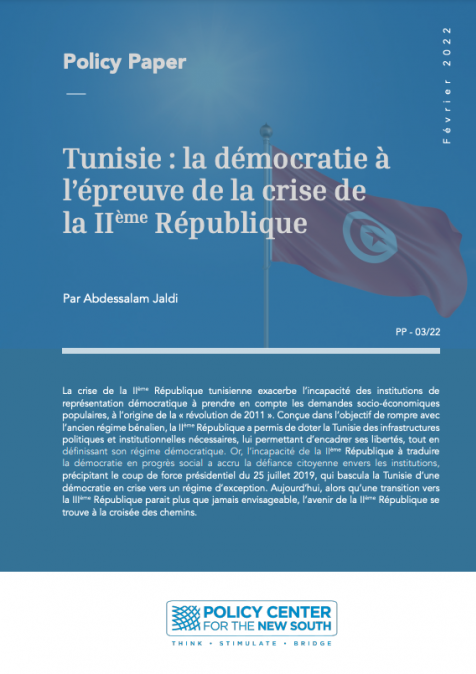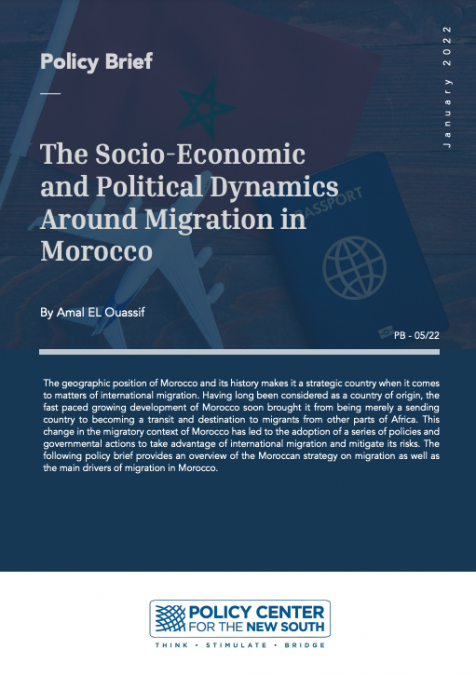Podcasts
Ramadan et l'éthique du travail
Dans ce podcast, nous explorons le Ramadan sous différents angles : social, spirituel, éthique et économique. Nous mettons en lumière la solidarité, l'ascèse alimentaire, ainsi que l'impact sur la consommation et la productivité. Le mois sacré influence également les comportements économiques, entraînant une hausse des dépenses alimentaires et une baisse de la productivité. Enfin, le podcast aborde l'importance des valeurs religieuses sur l’éthique du travail et la prospérité économique.











